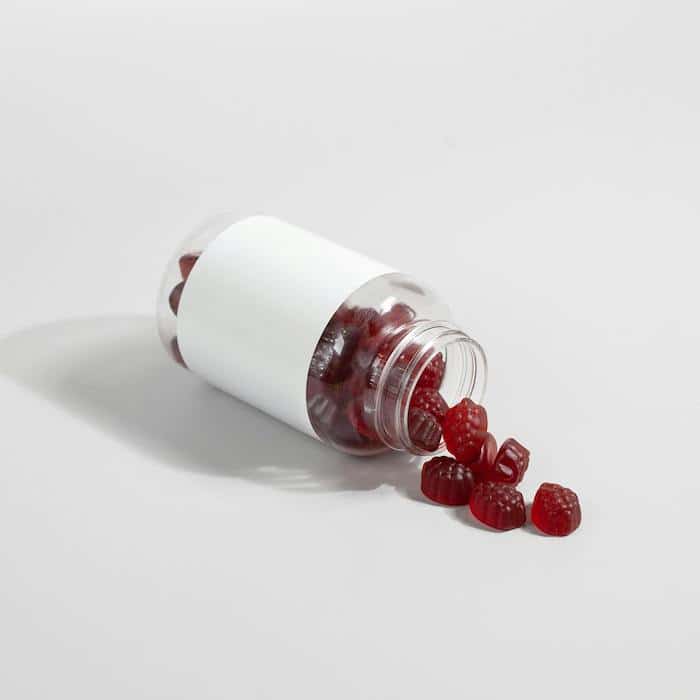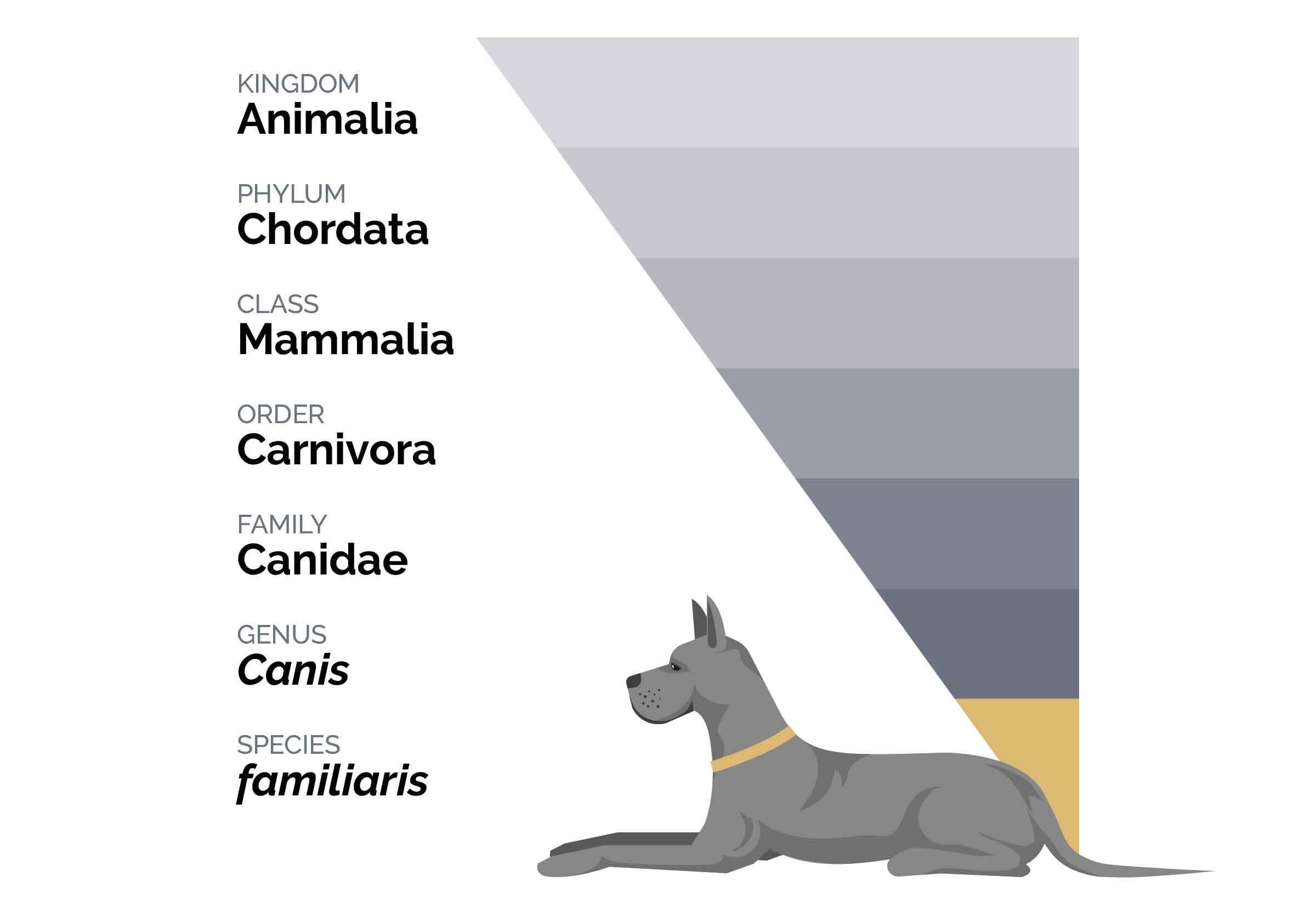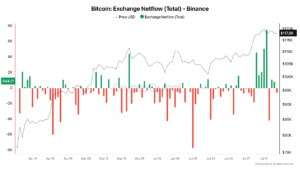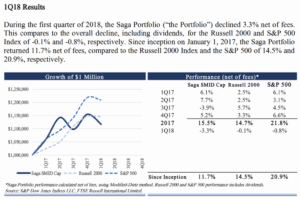Unlock the Secret: Which Supplement Form Actually Delivers Results and Why Most Are Getting It Wrong
Tablets
Tablets are hard pills that are produced by compressing the supplement’s active ingredients (vitamins, minerals, etc.). Most tablets contain additives such as fillers, binders, and bulking agents (e.g., cellulose, silicon dioxide, magnesium stearate, etc.), which help with the manufacturing process and shelf life of the product. Tablets are widely available and usually the least expensive supplements, as they are generally the cheapest to produce.2
These pills can often accommodate higher doses of active ingredients in comparison to capsules and come in a variety of shapes and sizes. Some tablets are notched so they are easier to split, which allows for modified dosing. These supplements are durable and typically have a long shelf life; however, tablets are also known for being difficult to dissolve and often make it through the digestive tract without being entirely broken down and absorbed.1.2 In addition, the additives often used in tablets can be irritating to sensitive populations and, in some cases, cause allergic reactions.1 Larger tablets can be difficult to swallow, and unpleasant tastes can be more noticeable.














Post Comment